The business case for Windows Phone 7
3 min. read
Published on
Read our disclosure page to find out how can you help MSPoweruser sustain the editorial team Read more


Paul Bryan via the Windows Team blog has broken the silence and explained the business case for Windows Phone 7.
Noting the the vast majority of individuals make their own personal decision regarding which smartphone to purchase, they explained their first priority was user experience while still meeting the organization’s IT needs.
Listing the business features of the OS, they note Windows Phone 7:
- Is built from the ground up using industry best practices in secure software development (Secure Development Lifecycle).
- Deeply Integrates email, calendar and contacts with Exchange Server enabling rich, seamless email and calendar management to enhance productivity.
- Integrates with SharePoint through the SharePoint Workspace client, enabling enhanced collaboration through offline document access and syncing.
- Helps protect corporate information by securing the device through PINs and passwords. Information is further protected by not allowing access to data via PC tethering or support for removable SD cards. In addition, Windows Phone 7 supports IT managed EAS policies such as Require Password, Password Strength, Remote Wipe and Reset to Factory Settings with multiple failed unlock attempts.
- Helps ensure data reliability and integrity through application sandboxing and managed code.Windows Phone 7 ensures communications channels between applications cannot be opened and critical system resources cannot be accessed. Most malware threats are introduced through the browser. IE Mobile helps ensure that malicious code cannot be launched from web sites, thus reducing this threat.
- Provides certification and verification of applications and content through Windows Phone Marketplace, further enhancing security.
- Enables secure data transmission through 128 or 256 Bit SSL Encryption.
- Supports secure access to on-premise applications and network resources using Forefront Universal Access Gateway (UAG).
- Is future ready with cloud / services integration. Through the Business Productivity Online Suite (BPOS), Microsoft offers hosted Exchange and SharePoint services. Windows Phone 7 will support mobile access to BPOS from Outlook Mobile and the Office Hub.
Acknowledging that Windows Phone 7 still has significant gaps in terms of business functionality (no side loading of applications, no raw socket access, no IPSec VPN), they note that Windows Mobile 6.1 or 6.5 may still be the best choice for some businesses.
They however promised to continue gather feedback from customers and steadily evolve the Windows Phone 7 platform to enable additional scenarios and capabilities for all customers. Business customers can prepare for Windows Phone 7 by reviewing the Business IT Resources at Windowsphone.com/business.


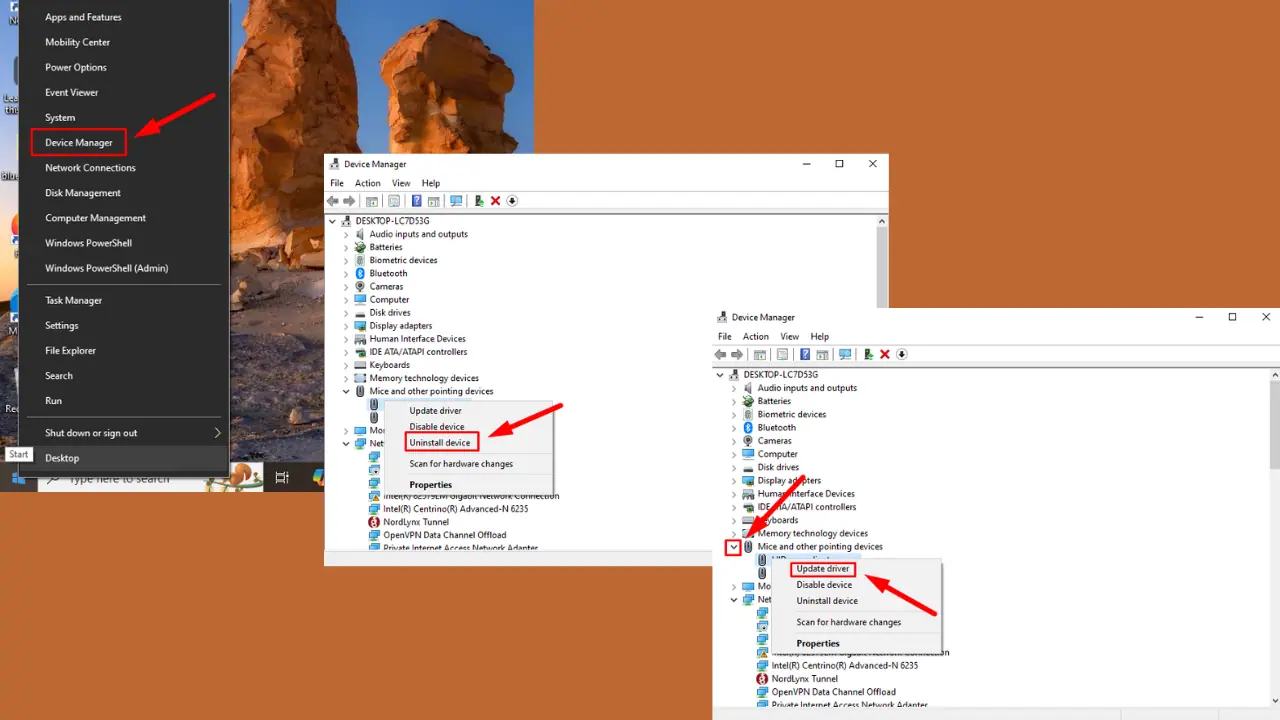
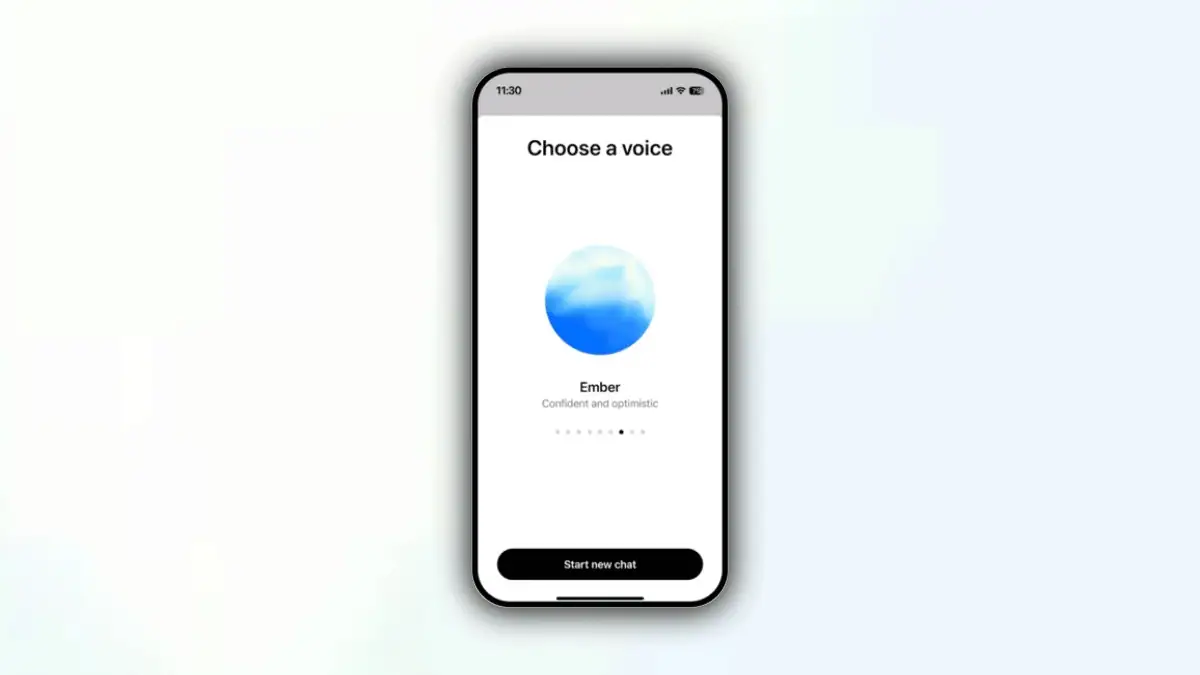

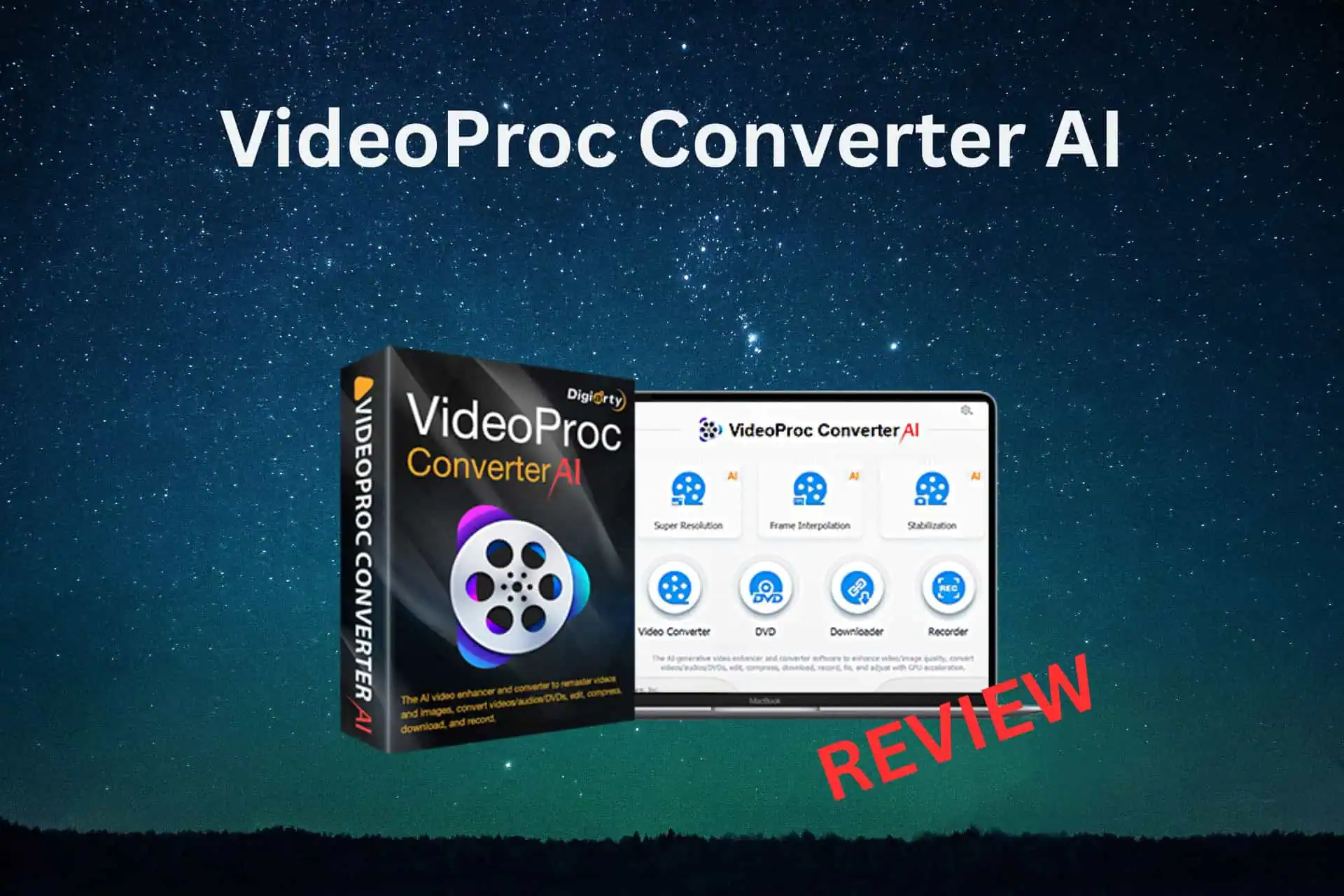
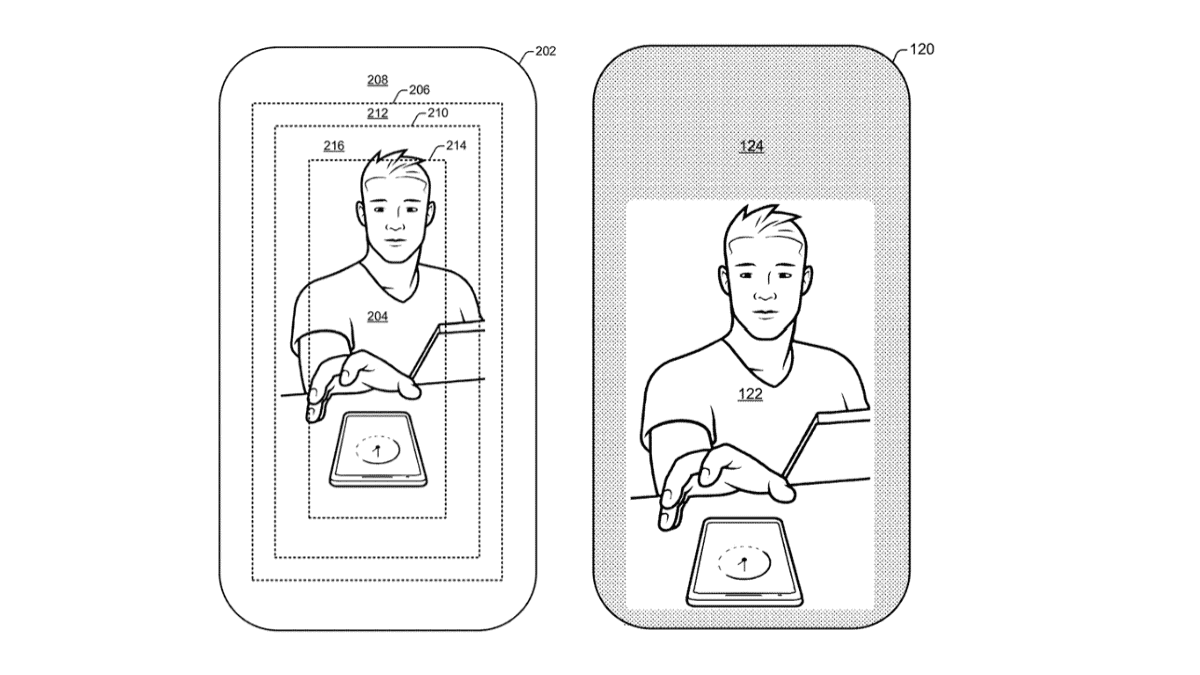
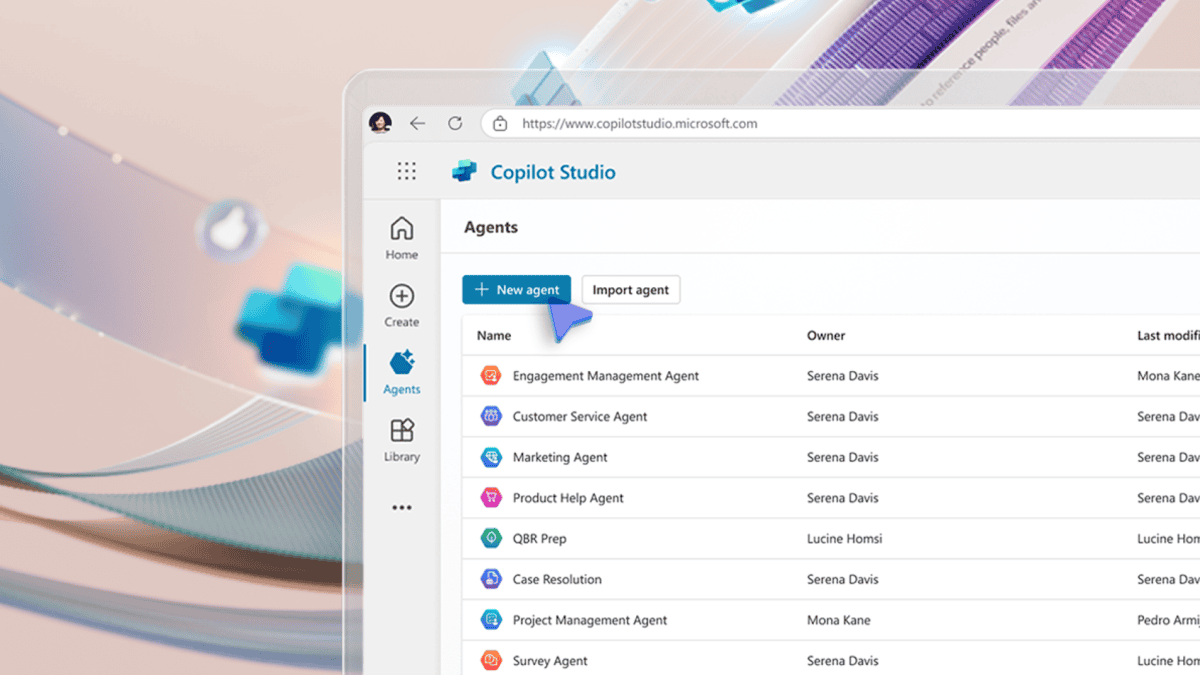
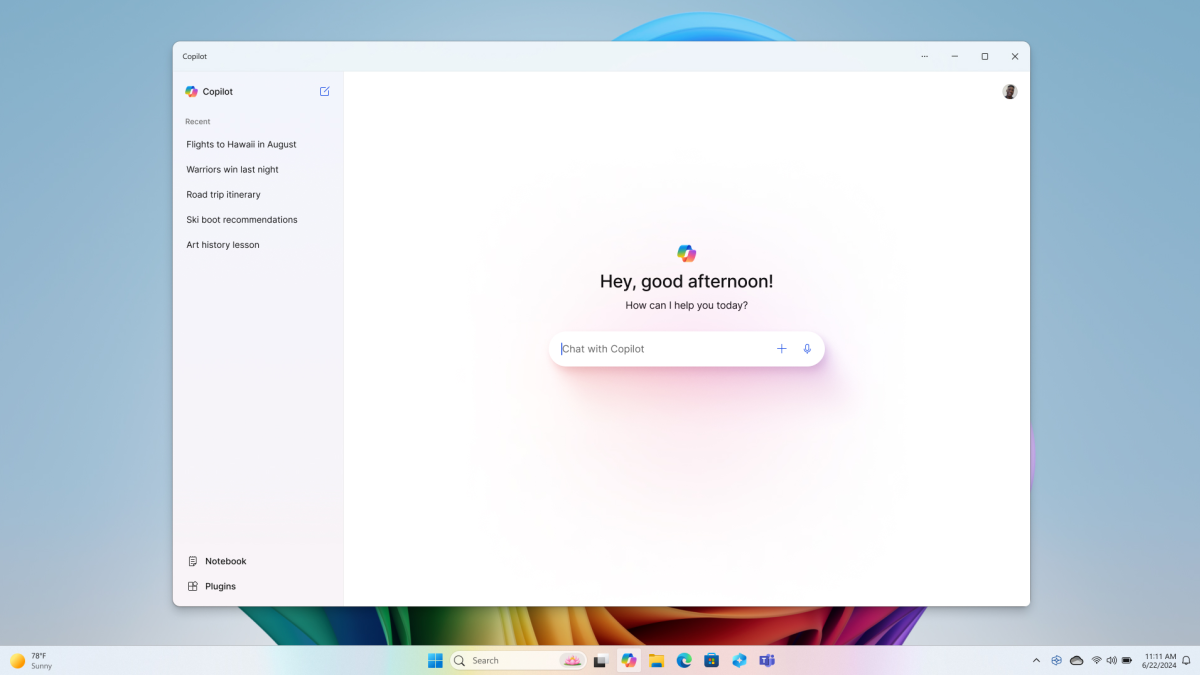
User forum
0 messages